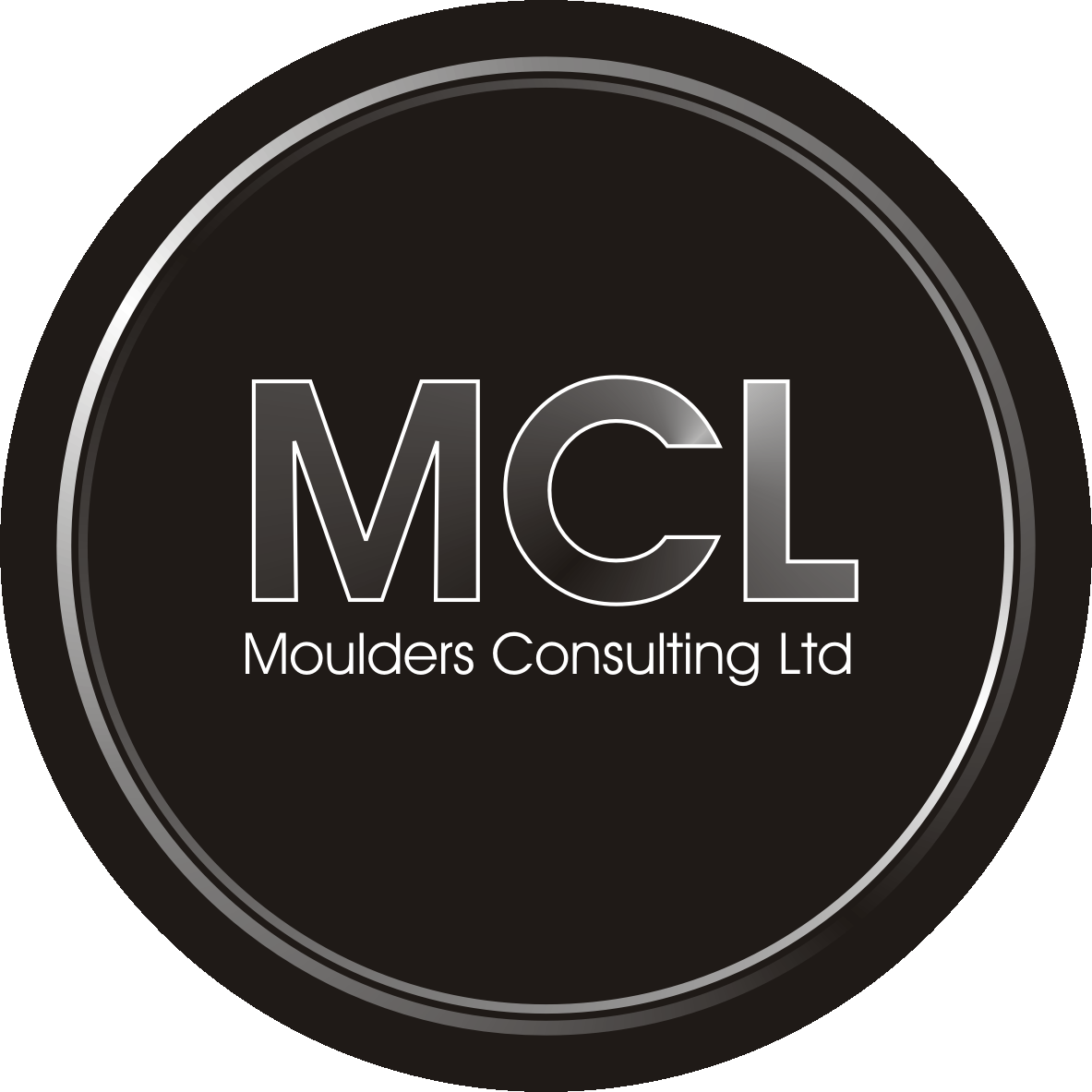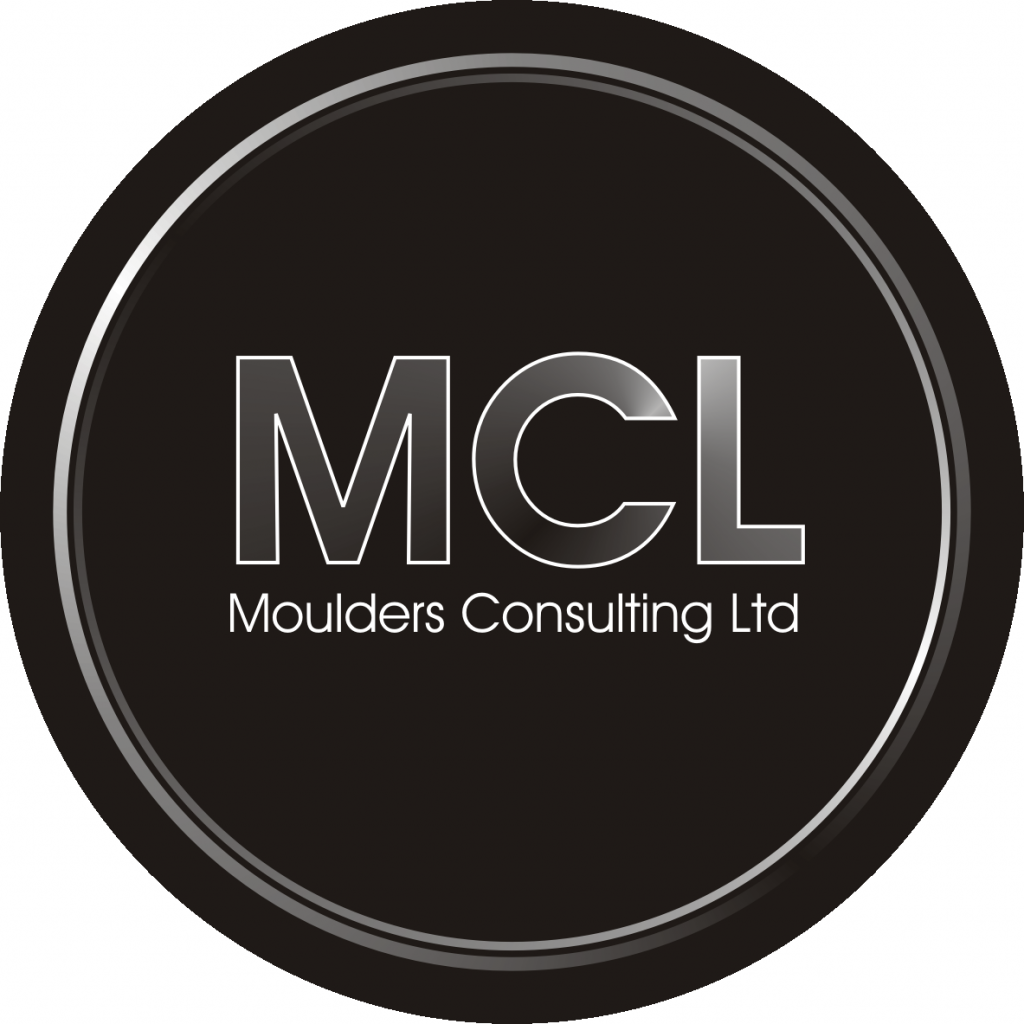In today’s competitive business landscape, small to medium-sized injection moulding companies must leverage technology to streamline their operations and drive growth. An efficient ERP (Enterprise Resource Planning), MRP (Material Requirements Planning), and Scheduling system can be a game-changer for these businesses, enhancing productivity, financial management, and overall profitability. In this blog, we will explore the crucial reasons why adopting such a system is essential for injection moulding companies, focusing on financial management, profit margins, downtime reduction, and materials shortages.
Streamlined Financial Information Management:
One of the key benefits of implementing an ERP system in an injection moulding company is the centralisation and automation of financial information. The system seamlessly integrates various financial processes, including invoicing, payroll, accounts receivable, and accounts payable. This automation reduces manual errors, ensures data accuracy, and enhances financial reporting efficiency, providing real-time insights into the company’s financial health.
Monitoring and Maintaining Profit Margins:
For small to medium-sized businesses, monitoring and maintaining profit margins is crucial for sustainable growth. An ERP system enables real-time tracking of production costs, raw material expenses, and labor expenditures. This data-driven approach empowers management to make informed decisions to optimise pricing strategies and maintain healthy profit margins.
Efficient Scheduling for Minimised Downtime:
Effective scheduling is a key factor in maximizing production efficiency in injection moulding facilities. An integrated ERP / MRP / Scheduling system enables precise production planning, resource allocation, and task prioritisation. With real-time updates on machine availability and workforce scheduling, companies can minimise downtime, eliminate bottlenecks, and ensure smooth production flows.
Mitigating Materials Shortages:
Material shortages can disrupt production schedules, resulting in delayed deliveries and lost opportunities. An ERP / MRP system offers accurate inventory management, tracking materials from procurement to usage. By predicting material requirements based on production schedules, the system allows companies to proactively manage inventory levels, reducing the risk of shortages and ensuring continuous production.
In conclusion, adopting an ERP / MRP / Scheduling system is vital for small to medium-sized injection moulding companies aiming to enhance efficiencies and profitability. By centralising financial information, management gains real-time insights into the company’s financial health and can optimize profit margins. Efficient scheduling minimises downtime and ensures seamless production, while accurate inventory management mitigates materials shortages.
Investing in technology-driven solutions empowers injection moulding companies to stay competitive, improve customer satisfaction, and seize new growth opportunities in an ever-evolving market. With streamlined operations and data-driven decision-making, these businesses can confidently navigate the challenges of the industry and pave the way for long-term success.









Some excellent points. “Cost-effective” digitalisation and straight-forward integration of all manufacturing data (from the shop-floor through to the top-floor) and readily available in real-time via mobile devices (alongside existing plant networked devices and related), will provide for significantly improved productivity and profitability in all businesses (including all SMEs involved in moulding).